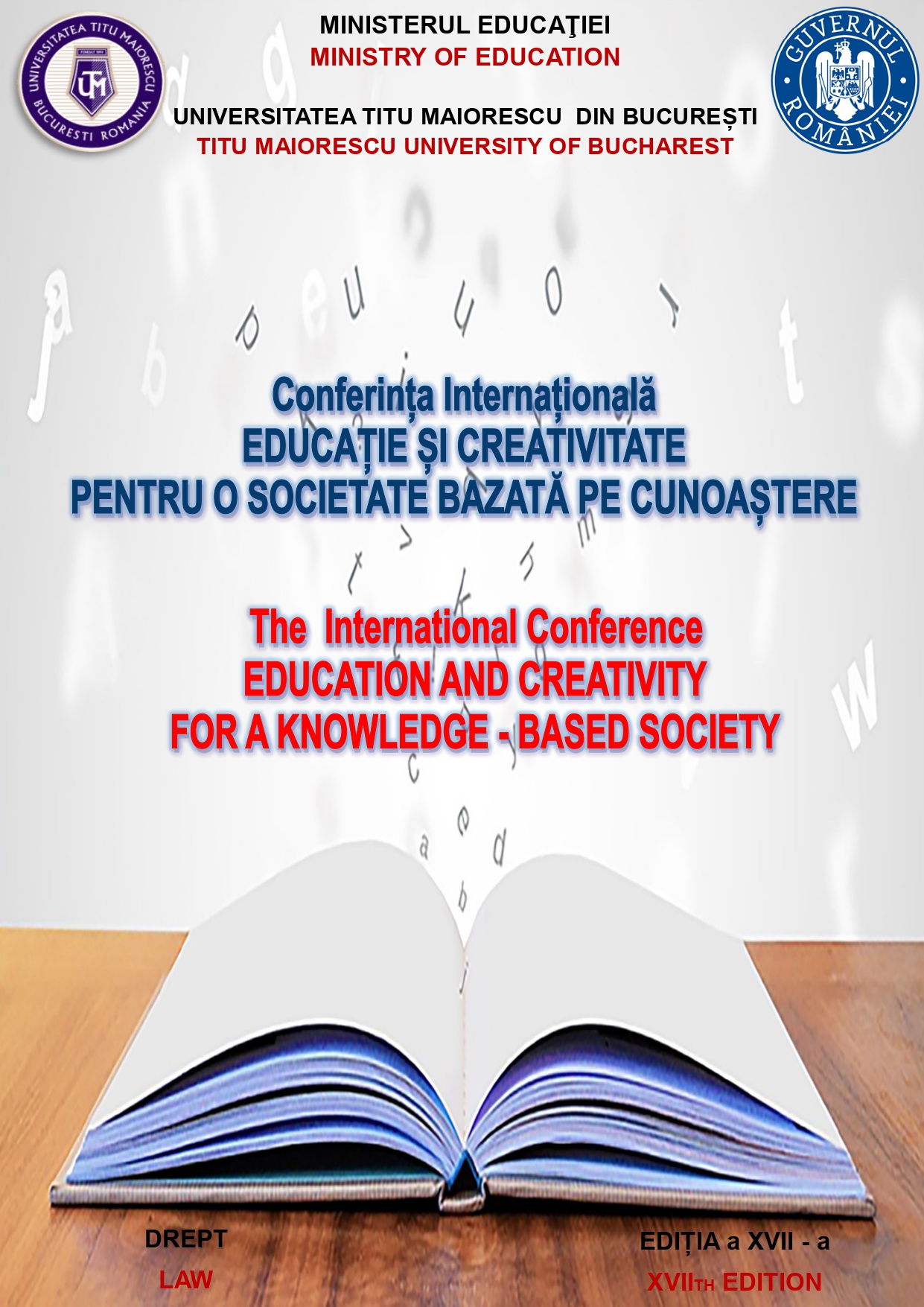EXPLORING EU COMPETENCE IN EDUCATION: A TREATY-BASED ANALYSIS AND ITS IMPLICATIONS FOR THE KNOWLEDGE-BASED SOCIETY IN THE EUROPEAN UNION
EXPLORING EU COMPETENCE IN EDUCATION: A TREATY-BASED ANALYSIS AND ITS IMPLICATIONS FOR THE KNOWLEDGE-BASED SOCIETY IN THE EUROPEAN UNION
Author(s): Mihaela Augustina NițăSubject(s): Law, Constitution, Jurisprudence
Published by: Österreichische Nationalbibliothek Wien/ Österreichisch-Rumänischer Akademischer Verein
Keywords: EU competence; education; treaty analysis;
Summary/Abstract: We are in an era which is characterized by the rapid dissemination of information. That is why the transformative power of knowledge is more important than ever. The European Union, a regional integration organization, faces in the present times the challenge of aligning its policies, including education, with the imperatives of the knowledge-based society, with its components: innovation, education, and the diffusion of knowledge. Therefore the question of EU competence in education and its capacity to foster a society built on the foundation of knowledge has become more and more relevant. The European Union, which was first established in the 50s’ with the objective of securing peace, stability, and prosperity on the continent, has obviously evolved over time into a complex political and economic entity. Consequently, the issue of its role in education policy is of utmost importance, given the fact that education is, as we all know, the cornerstone of a knowledge-based society. The EU's capacity to influence and shape the educational practices across the member states, according to its objectives and values (articles 2 and 3 of the TEU), is an field of academic and practical debate. This article explores the relationship between EU competence in education, as provided for in its treaties, and its consequences for the emergence of a knowledge-based economy and society within the Union. Knowledge assumes an ever-greater role in every day lives, therefore an exploration of the EU's place in this evolution is imperative, due also to the European Union's commitment to knowledge and to innovation and the education policies through which this integration international organization seeks to realize this commitment.
Journal: Conferința Internațională Educație și Creativitate pentru o Societate Bazată pe Cunoaștere - DREPT
- Issue Year: XVII/2023
- Issue No: XVII
- Page Range: 103-111
- Page Count: 9
- Language: English

